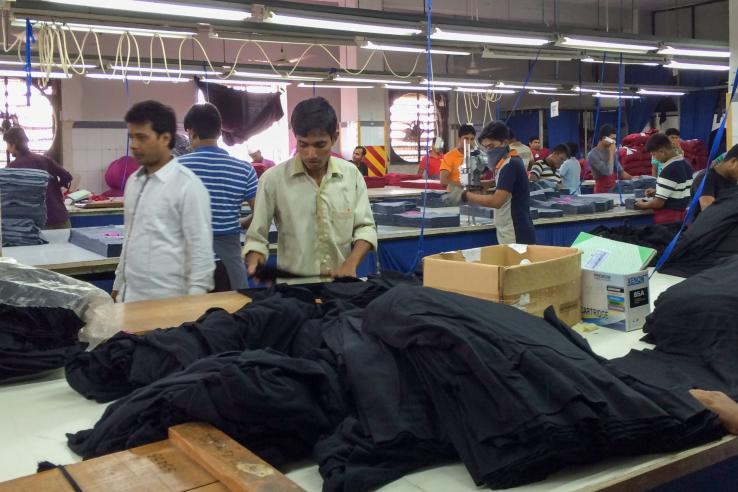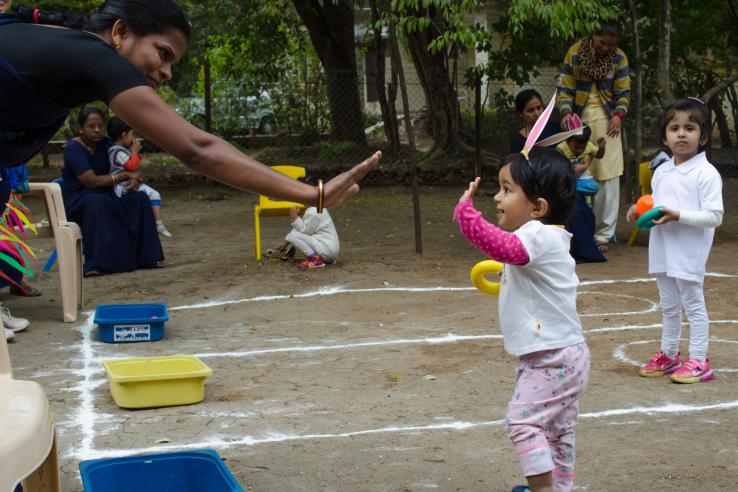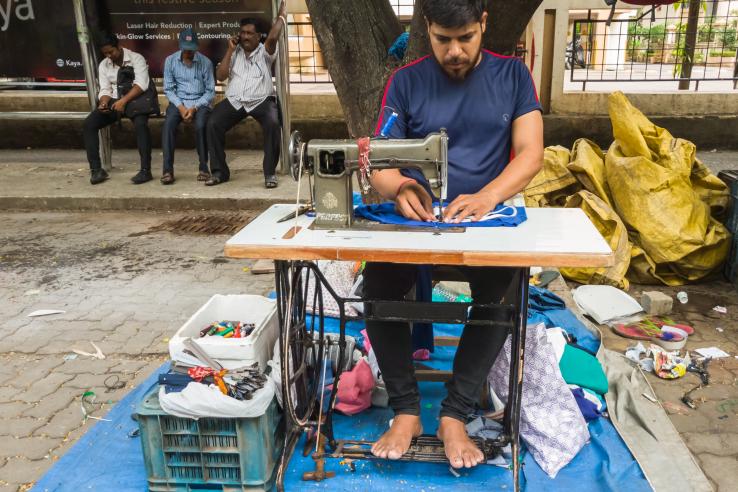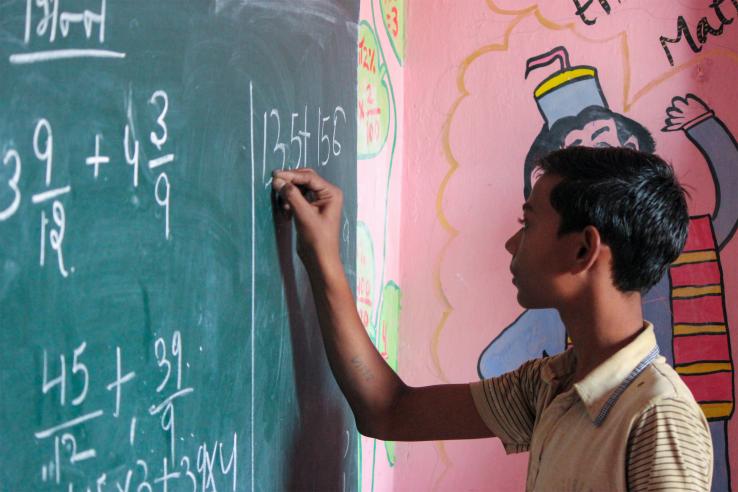Displaying 4831 - 4845 of 8445
Evaluation
A researcher partnered with the Alliance for Bangladesh Worker Safety, a consortium formed by US multinational companies, to evaluate the impact of privately enforcing local labor laws on garment factories in Bangladesh. Enforcing the legally-required creation and operation of workplace safety committees increased factories’ compliance with the labor law and some measures of factory safety, without reducing factory efficiency. These effects persisted in the long run and were stronger among factories with good managerial practices.
Evaluation
In partnership with a rural district in Eastern Uganda, researchers are conducting a randomized evaluation to study whether rewarding top-performing teachers with a future posting of their choice incentivizes teachers to improve their attendance and the quality of their teaching.
Evaluation
MDRC partnered with NYC Opportunity, the NYC Human Resources Administration and Food Bank for NYC to design, implement, and evaluate the program. MDRC researchers found that three years of Paycheck Plus in New York City increased income, employment, tax credit receipt, and payment of child support. Research on Paycheck Plus at a second site in Atlanta is still ongoing.
Evaluation
Researchers conducted a randomized evaluation in the Indian state of Tamil Nadu on the impact of adding an additional education-focused worker in early childhood development centers on students’ learning and health outcomes. The program increased the time spent on pre-school education, boosting learning in math, reading, and executive function. It also allowed the main worker to devote more time to health and nutrition, reducing severe malnutrition and stunting.
Evaluation
Researchers conducted a correspondence study assessing property managers’ responses to rental listing inquiries from prospective tenants with distinctively Black, Hispanic/Latinx, or white names in the United States. Property managers were significantly less likely to respond to messages from prospective Black or Hispanic/Latinx renters than white ones.
Evaluation
Researchers conducted a randomized evaluation to measure the impact of a multifaceted educational program on school enrollment and learning in rural Rajasthan. Results showed that the program increased girl’s enrollment in the first and second years reducing the gender gap in school retention. Boys and girls both had improvements in learning in the first year.
Evaluation
Researchers conducted a randomized evaluation to measure the impact of offering personalized consultations to individuals who were potentially eligible for expanded social benefits on their benefit uptake. Overall, the program led to increases in claims submitted and benefits granted.
Evaluation
Identifying high-potential microentrepreneurs in low-income countries remains a challenge due to lack of verifiable information. Researchers conducted a randomized evaluation to test the value of community knowledge in identifying high-potential microentrepreneurs.
Evaluation
By running a Facebook public health campaign, researchers found that social media messaging from doctors and nurses reduced holiday travel and subsequent Covid-19 infection rates. This suggests that social media campaigns may be an impactful and cost-effective way to slow the spread of Covid-19 and enact behavior change.
Evaluation
Researchers conducted a randomized evaluation to gauge whether a short-term reading tutoring program could improve a range of student educational outcomes in the short- and medium-term (up to eight years after the program). They found that the program increased language test scores in the short term and improved several outcomes in the medium term, including reducing students’ probability of dropout, increasing their probability of graduating on time from primary and secondary school, and improving attendance, grades and test scores.
Evaluation
Researchers evaluated whether providing low-stakes diagnostic tests and feedback to teachers led to improved student learning outcomes in India. They found that teachers in intervention schools exerted more effort when observed in the classroom but students in these schools performed no better on independently-administered tests than students in schools that did not receive the program.









